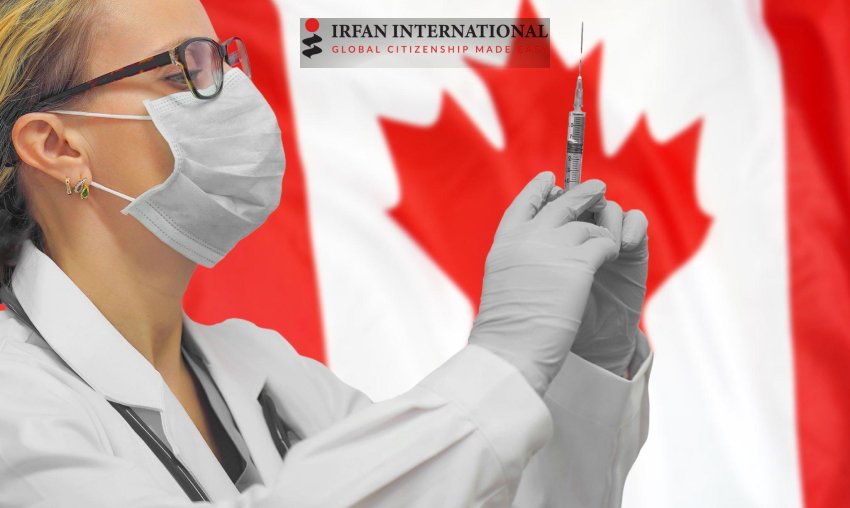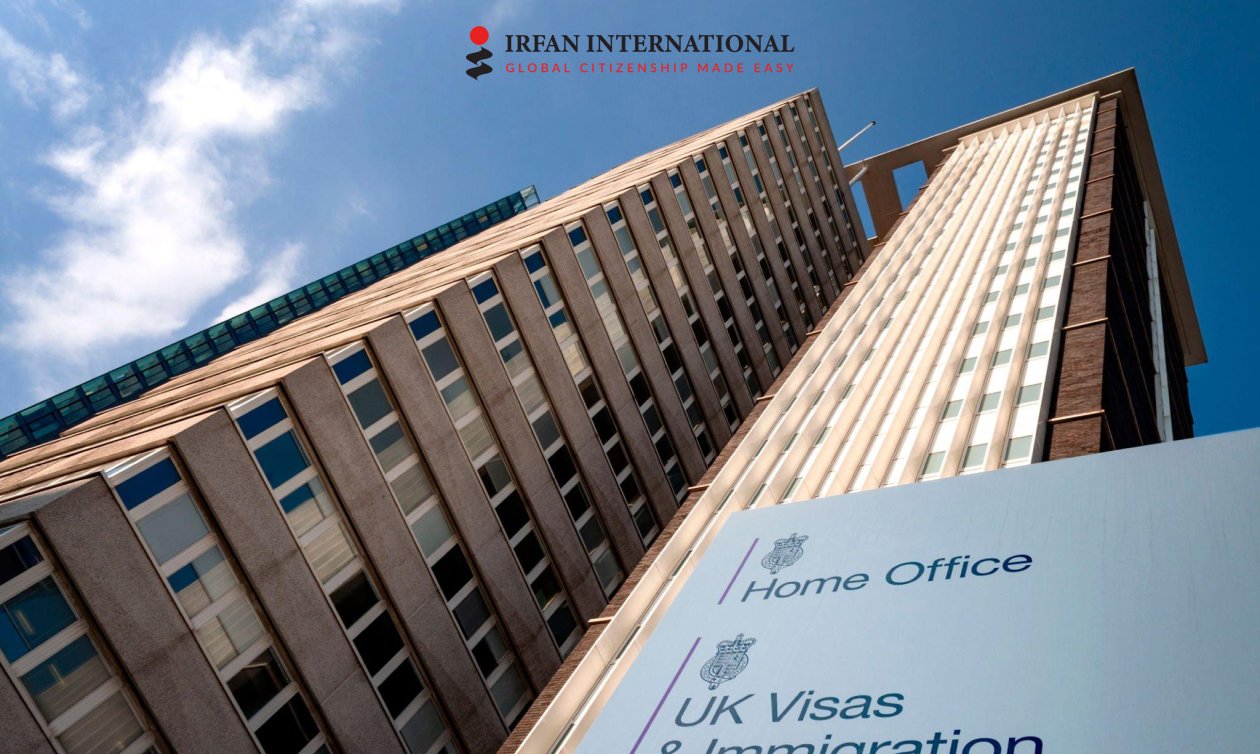Wondering! What are medical tests for Canada immigration? Dreaming of a new life in Canada? Joining the ranks of thousands of immigrants who have made the Great White North their home is an exciting prospect. Canada is known for its stunning landscapes, thriving job market, and welcoming communities. But before you can embark on this life-changing journey, there are certain prerequisites to meet, including medical tests for Canadian immigration. In this comprehensive guide, we will explore the vital role that medical tests play in your immigration process, demystify the process, and help you take the first step toward a healthier, brighter future in Canada.
The Importance of Medical Tests
Immigrating to Canada requires compliance with certain health standards to protect both the newcomers and the citizens of the country. The primary purpose of these medical tests is to ensure that new arrivals do not pose a risk to public health and are not a burden on Canada’s healthcare system. It also serves to safeguard the well-being of the applicants themselves by identifying any pre-existing medical conditions that may require treatment upon arrival.
It’s important to note that not all visa categories require medical examinations. The Canadian government has established specific guidelines to determine who should undergo these tests. The general rule is that anyone planning to stay in Canada for more than six months may be required to undergo a medical examination. This includes those applying for permanent residence, temporary work permits, and study permits, among others.
Who Conducts the Medical Tests?
Medical tests for Canadian immigration are conducted by designated panel physicians approved by Immigration, Refugees, and Citizenship Canada (IRCC). These physicians are authorized to perform the examinations and provide the necessary reports to the IRCC. The panel physicians are often selected from various regions, ensuring that applicants have access to authorized clinics and medical professionals worldwide.
Understanding What are Medical Tests for Canada Immigration
Medical examinations for immigration purposes typically include the following components:
1. Physical Examination
A comprehensive physical examination is usually the starting point. The panel physician will assess your general health and look for any visible signs of illness or disease.
2. Chest X-Ray
A chest X-ray is required for everyone, regardless of age. This is to screen for tuberculosis, a highly contagious disease. If you have a history of tuberculosis or have been treated for it in the past, you must provide detailed medical records.
3. Blood Tests
A series of blood tests will be performed to check for syphilis, a sexually transmitted infection. It is important to note that syphilis treatment may be required if the test results are positive.
4. Vaccinations
Applicants may be required to have certain vaccinations based on their age, medical history, and the specific visa category they are applying for. Common vaccinations include those for measles, mumps, rubella, diphtheria, and tetanus.
5. Medical History and Records
Applicants will be asked to provide a detailed medical history. This includes any pre-existing conditions, past surgeries, and current medications. It is crucial to be honest and transparent during this process.
6. Urine Sample
A urine sample is generally required to check for any underlying medical conditions.
Common Medical Inadmissibility Factors
Several medical conditions can lead to inadmissibility for Canadian immigration, including:
1. Tuberculosis
Active tuberculosis or a history of active tuberculosis without adequate treatment may render you inadmissible.
2. Excessive Demand
If your health condition is expected to result in excessive demands on Canada’s healthcare system, you may be found medically inadmissible. This rule is particularly relevant for those applying for permanent residence.
3. Danger to Public Health or Safety
Applicants with certain infectious diseases that pose a threat to public health and safety may be refused entry.
How to Prepare for Your Medical Examination
Here are some tips to help you prepare for your medical examination:
1. Gather Your Medical Records
Collect all your medical records, including vaccination records, previous treatment documentation, and any information related to past medical conditions. This will help the panel physician make an accurate assessment.
2. Bring Necessary Identification
You’ll need to provide valid government-issued identification, such as a passport, when you attend the medical examination.
3. Dress Comfortably
Wear comfortable and easily removable clothing. This will make the physical examination and X-ray process more convenient.
4. Be Truthful
Honesty is the best policy during your medical examination. Provide accurate information about your medical history, even if it includes past health issues.
The Consultancy Process
Understanding the medical examination process is the first step toward your Canadian dream. However, it’s natural to have questions and concerns. This is where professional consultancy services come into play. An immigration consultant can guide you through the entire immigration process, including the medical examination.
Consultants are well-versed in immigration rules and regulations, and they can help you prepare for your medical examination, ensuring you meet all the requirements. They can also assist you in finding designated panel physicians in your area and help you with the paperwork.
The benefits of consulting an immigration expert are numerous:
1. Personalized Guidance
Immigration consultants can provide individualized advice based on your unique circumstances, visa category, and immigration goals.
2. Documentation Support
They will help you prepare and organize all the necessary documents, including medical records, to ensure that you meet all the requirements.
3. Peace of Mind
Knowing that you have a professional by your side can alleviate the stress and anxiety that often comes with the immigration process.
4. Faster Processing
Immigration consultants understand the system and can help expedite your application, saving you time and effort.
Conclusion
Immigrating to Canada is an exciting and life-changing endeavor, but it can also be a complex and challenging process. Understanding and preparing for the required medical tests is a crucial step in your journey. The health and safety of both newcomers and the Canadian population are top priorities, and the medical examination process helps ensure this.
If you’re considering immigration to Canada, seeking professional consultancy services is a wise decision. By consulting with experts who understand the intricacies of the immigration process, you can navigate the path to Canada with confidence. Take the first step toward your dream by booking an appointment with an immigration consultant today, and soon, you may find yourself on the path to a healthier, brighter future in Canada.



